
Osteoarthritis (OA) is the most common type of arthritis and is the most common reason people get knee and hip replacements. OA is the wear and tear of cartilage inside of your joints that occurs over time. This wear and tear can lead to inflammation, stiffness, decreased range of motion, and pain. If you have OA, you might be wondering if surgery is right for you. There are different factors that an orthopaedic specialist will consider when helping you decide on a treatment plan.

Joint Replacement Surgery for Osteoarthritis
Osteoarthritis (OA) is the most common type of arthritis and is the most common reason people get knee and hip replacements. OA is the wear and tear of cartilage inside of your joints that occurs over time. This wear and tear can lead to inflammation, stiffness, decreased range of motion, and pain. If you have OA, you might be wondering if surgery is right for you. There are different factors that an orthopaedic specialist will consider when helping you decide on a treatment plan.
Deciding on a Treatment Plan
Arthritis is not all or nothing, and not all patients need to start with surgery. You and your orthopaedic doctor should create a treatment plan that is individualized for you and your goals.
Your treatment plan will depend on:
Non-Operative Treatments
Non-operative treatments should always be the “first line” treatment for OA and can be effective in reducing pain and improving mobility. These treatments can be safely used even if you are planning to have surgery. Some evidence-based options that help manage pain and slow the progression of OA include:
Operative Treatments
Joint replacement surgery is an elective surgery; it is up to you when you want to have surgery! You and your doctor might decide the time is right when all of the following are true:
What if I wait too long to decide to have surgery?
There is no amount of joint wear that cannot be fixed with surgery. If you choose to wait to have surgery, additional wear and tear will not impact the results of your surgery. As long as you can maintain motion in your joint and you are living the active life that you want, it is fine to delay surgery. The timing of your surgery, or if you even want surgery, is all up to you!
Conclusion
It is up to you to decide when it is time to have surgery. However, it is important that you get evaluated by an orthopaedic specialist early. This early evaluation will allow you and your doctor to decide on the most appropriate treatments. Make an appointment with your orthopaedic specialist for an evaluation and work with your doctor to decide on a treatment plan that is right for you.